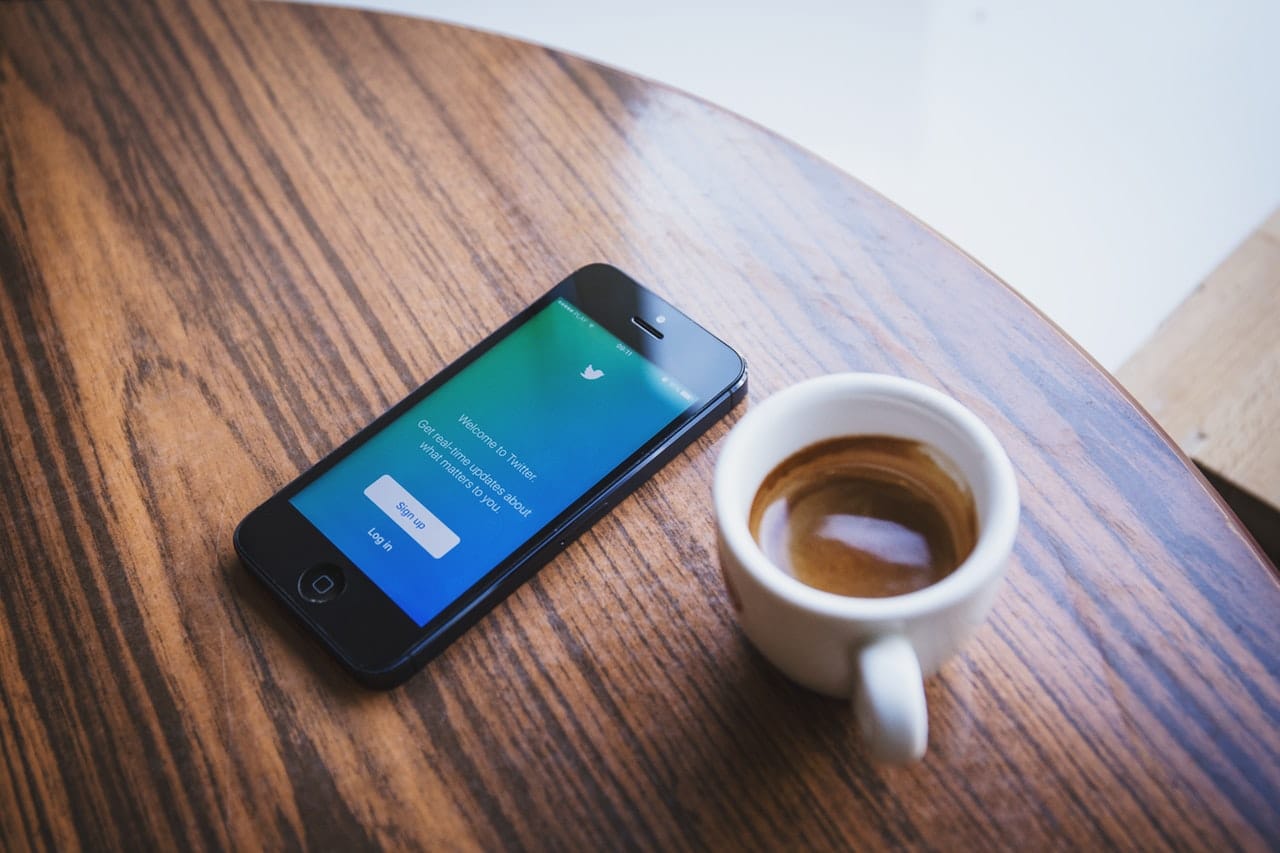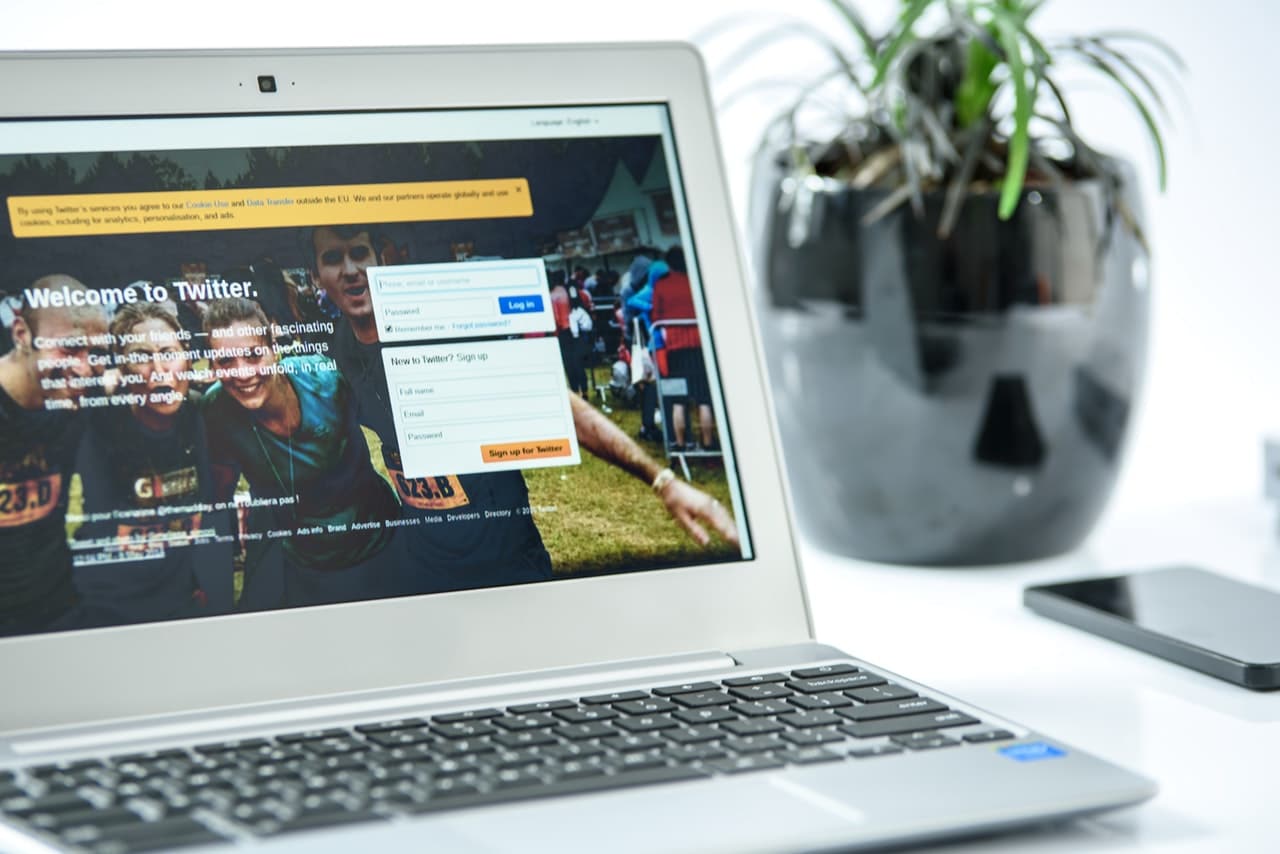Is your brand on Twitter? It should be. While Twitter users are a smaller group than Facebook users, they also skew younger and wealthier than the average social media user. One analysis estimated that 80 percent of Twitter’s users – their sizable Millennial user base–controlled a whopping $139 billion in spending power.
Furthermore, those users are interacting with brands in significant numbers: 54 percent of surveyed Twitter users report taking action after seeing brand mentions on the platform, and the average Twitter user follows five business accounts. This platform is too important, in short, to not be on your radar.
But Twitter is also home to information overload, with users sending 6,000 tweets every second. How can your company stand out in this lively but crowded and sometimes hectic space? Follow the tips below for a Twitter account that stands out and gets results.
IMAGE: PEXELS
Share Links, Videos And Pictures
Link sharing isn’t just a strategy for getting Twitter users to your company’s website or Estore. It’s also a great way to increase your chances of getting retweeted. One study found that 52 percent of retweets include a URL.
That fact shouldn’t come as a huge surprise. Twitter users, just like other citizens of the internet, are interested in content that offers something of value – and a link to an informative or entertaining website is something of value.
Twitter offers its own link-shortening services to make tweeting a long URL more manageable and visually appealing in this terse medium, but other link shortness may provide more useful analytics insights. Check out Oberlo’s list of top short URL generators. Pictures and videos have also been shown to increase retweets markedly. Just like links, this kind of content offers grabs users’ attention and offers them something of tangible value.
Engage With Users
Twitter marketing is inherently different from content marketing, magazine ads, or TV spots because it’s intrinsically a two-way street. Twitter users are on the platform in the first place to participate in a broader dialogue, whether they’re tweeting, retweeting, replying, following, liking, or just scrolling through their feed.
Twitter’s timeline algorithm reflects this fact, showing users the content they’re more likely to interact with based on engagement patterns. Studies show that Twitter accounts gain dramatically more followers when they reply, retweet, etc.
Engagement isn’t just a tactic to increase your follower count or total impressions. It also helps Twitter users see your brand as a dynamic, human entity that cares about their experience, rather than a static advertising force. – Twesocial is a great service to build organic engagement without having to do it all yourself.
Invite Interaction
Most digital marketers know that interaction helps build consumer engagement. Luckily, few platforms are more interaction-friendly than Twitter. Polls are a simple yet effective way to draw in user interaction.
Some brands go further. The official Twitter handle for The Detective Pikachu movie (DetPikachuMovie) provided randomly generated Pokemon partners for each Twitter user who liked a specific post.
The campaign not only recreated some of the “Gotta Catch ‘Em All” interactivity that drew many fans to the Pokemon franchise in the first place but also invited Twitter engagement through likes and retweets while creating personalized content!
Use Hashtags Sparingly
It’s tempting to overuse hashtags when you first start Tweeting-that way everyone will see them when following a trending topic, right? But most experts agree that brands should use hashtags sparingly, and only when appropriate.
While a tweet with one hashtag gets 29 percent more engagement than a tweet with none, tweets with two or more hashtags get 17 percent less. Hashtags are a useful tool, but less is more – too many hashtags can make your brand seem spammy, disrespectful of the broader Twitter community, or desperate.
Don’t Ignore Customer Service
Twitter isn’t just a marketing platform. It’s also an essential tool for a closely related task: customer service. Companies using Twitter for customer service see an average increase of 19 percent in customer satisfaction.
Twitter users can feel genuinely listened to when an official brand account takes the time to answer a complaint or question. Furthermore, Twitter is a great place to show off high-quality customer service–while there’s no way to share a phone call with a satisfied customer, customer service tweets can receive impressions from thousands of distinct Twitter handles.
Be Funny
Some of the most popular brand accounts on Twitter aren’t popular because they offer earth-shattering information or huge coupons. They’re popular because they’re funny. Accounts such as Wendy’s and MoonPie have earned high engagement rates because Twitters enjoy reading their snappy, surreal, and always amusing interactions with users. Twitter can be a powerful brand-building tool–if you know how to use it. What are some other tips for building an excellent brand account?
If you are interested in even more social media-related articles and information from us here at Bit Rebels, then we have a lot to choose from.


COMMENTS